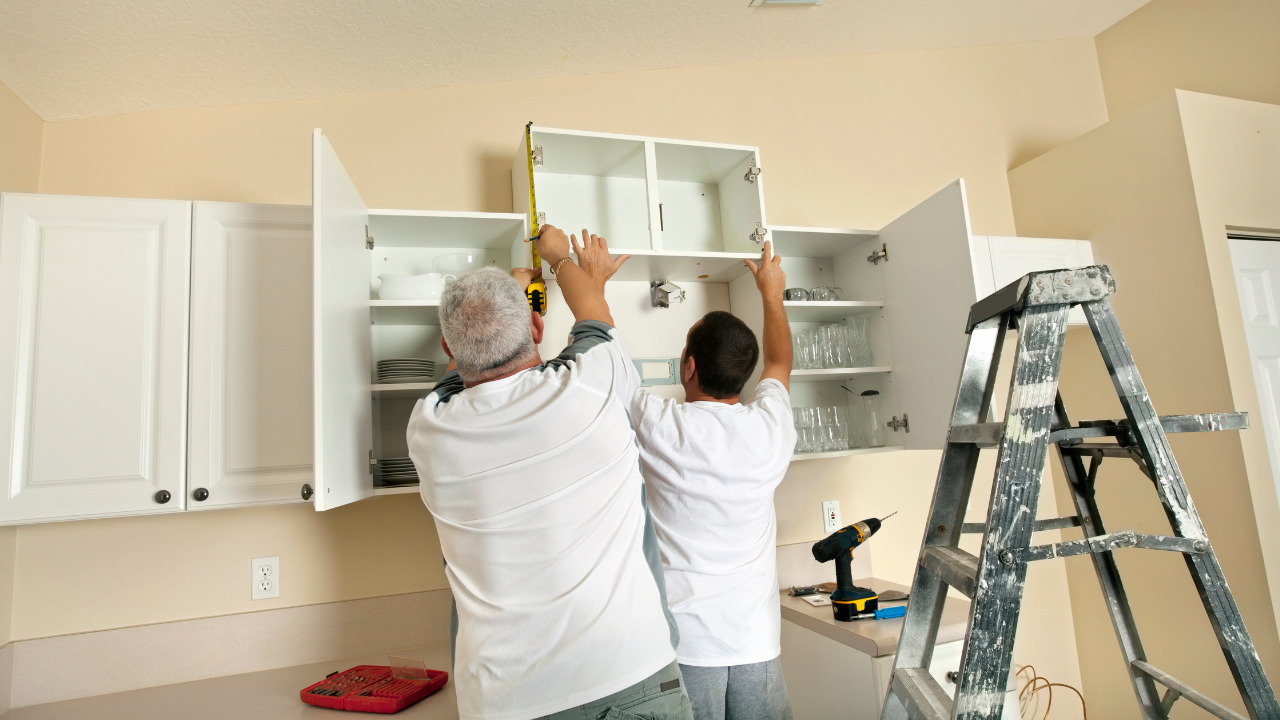Home renovation may be an exciting and transformational process, transforming your present place into the perfect home you’ve always imagined. It may also be a difficult task that swiftly spirals out of control in terms of both time and money. Because of this, you must monitor and keep in mind the amount you intend to spend.
To guarantee that your home renovation project remains on budget and runs successfully, you must have a clear strategy and the discipline to stick to it. This thorough article will examine some essential techniques and tips to help you achieve a successful home remodeling without breaking the budget.
Table of Contents
Avoid Delaying Decisions
Delaying choices is one of the most typical errors in home improvement. Procrastination may lead to project delays and unforeseen expenditures, whether picking a paint color, selecting supplies, or finishing the floor plan. Making decisions quickly to stay on budget and keep your renovation going successfully is critical.
Begin by developing a precise project timeline that includes all significant milestones and deadlines. It will assist you in seeing the project’s development and understanding when crucial choices must be made. Work closely with your contractor to identify crucial decision points and create clear communication lines to ensure you are both on the same page.
Work with a Contractor
Working with a professional contractor may be a prudent investment that pays dividends in various ways. Home Renovation contractors for hire may assist you in creating a unified and visually beautiful design that maximizes your available space. They may also suggest cost-effective design options and assist you in selecting materials that fit your vision and budget.
A designer can also collaborate closely with your contractor to keep the project on pace. Their knowledge of space planning and interior design may assist you in optimizing the functioning and flow of your house. Hiring a designer may be an unnecessary investment at first. Still, it saves you money in the long run by minimizing costly mistakes and ensuring that your remodel gets the intended results.
Do Not Change Your Mind Too Much
While it’s normal to fine-tune your vision as your home renovation project continues, frequent and extensive adjustments can be costly. Each change may need more effort, materials, and time, which may rapidly add up. To avoid making too many adjustments, start with a well-thought-out strategy and stick to it as closely as possible.
Take the time to visualize the eventual product and thoroughly examine your priorities before beginning the restoration. Determine the non-negotiable areas of the project, and be willing to compromise on less important aspects. If you decide to make adjustments, contact your contractor to see how they will affect your budget and timeframe. Making educated judgments will be easier if you are thoroughly aware of the potential implications.
Have an Emergency Contingency Fund
Unexpected complications might develop during a home renovation job, regardless of how carefully you prepare. It is critical to have an emergency fund in place to handle unexpected expenditures. A good rule of thumb is to set aside 10-15% of the overall project budget for contingencies. This cushion might provide you peace of mind and help you avoid financial stress if troubles arise.
Your contingency fund can be utilized for various objectives, including resolving structural difficulties, coping with unanticipated permission delays, and adapting alterations required by local building inspectors. With this safety net in place, you can deal with these issues without risking the overall success of your project or blowing your budget.
Avoid Buying Your Materials
Although purchasing supplies oneself may be a cost-effective option, it may lead to unanticipated hassles and fees. Contractors frequently have established contacts with suppliers and may obtain lower-cost supplies. They also know which materials are most suited for your job, which may save you money.
Furthermore, when you purchase goods independently, you are responsible for examining, shipping, and keeping them. If something goes wrong with the items you ordered, you are responsible. Allow your contractor to manage material acquisition to streamline the process and remain on budget. It allows you to concentrate on the design and implementation of your remodel while benefiting from your contractor’s knowledge and industry contacts.
Conclusion
Starting a home renovation project may be an exciting journey toward constructing your ideal living place. However, you must avoid typical errors to stay on budget and handle the restoration process efficiently. Following the principles stated above and remaining prepared, you may realize your home improvement aspirations while staying within your budget. Careful preparation and discipline are the keys to a successful and stress-free home renovation experience.





